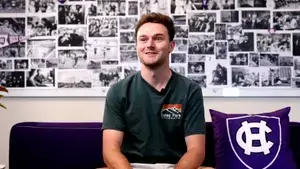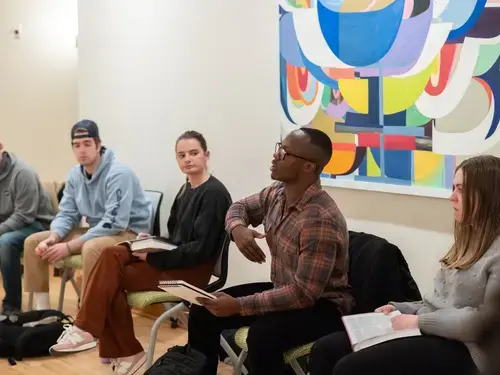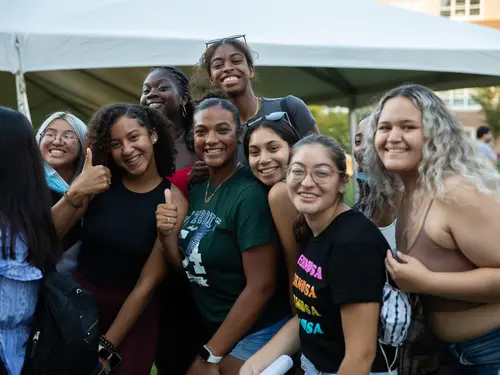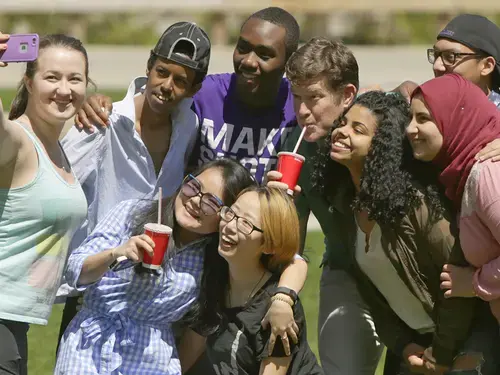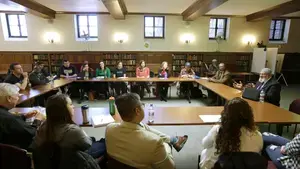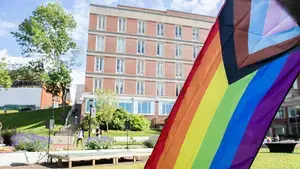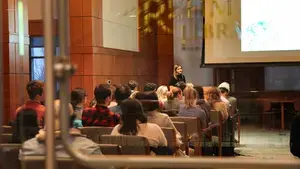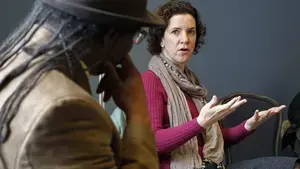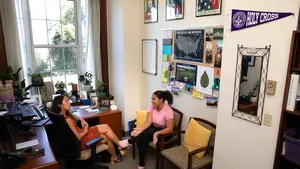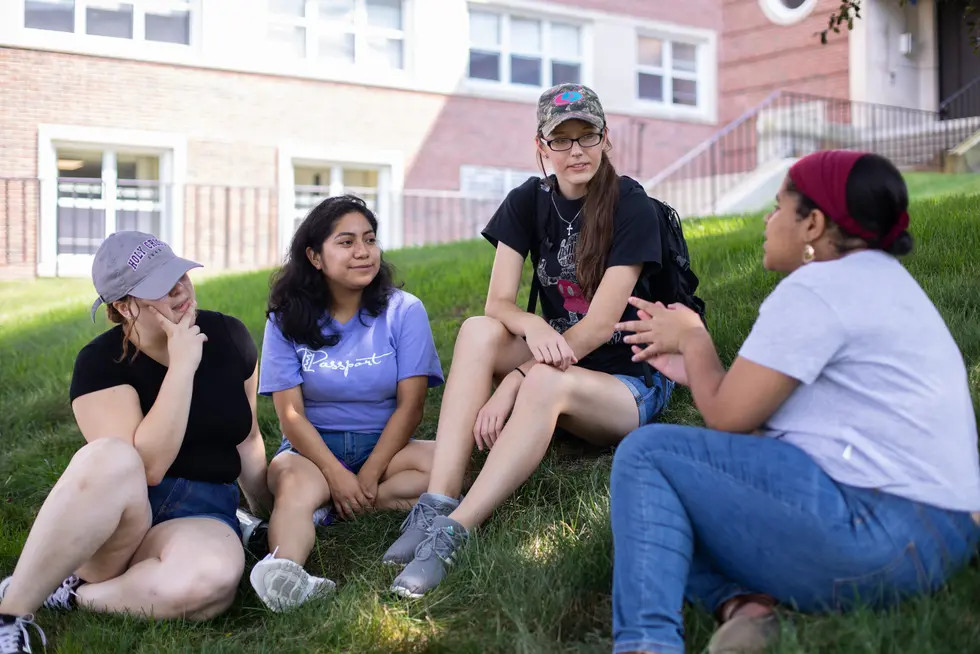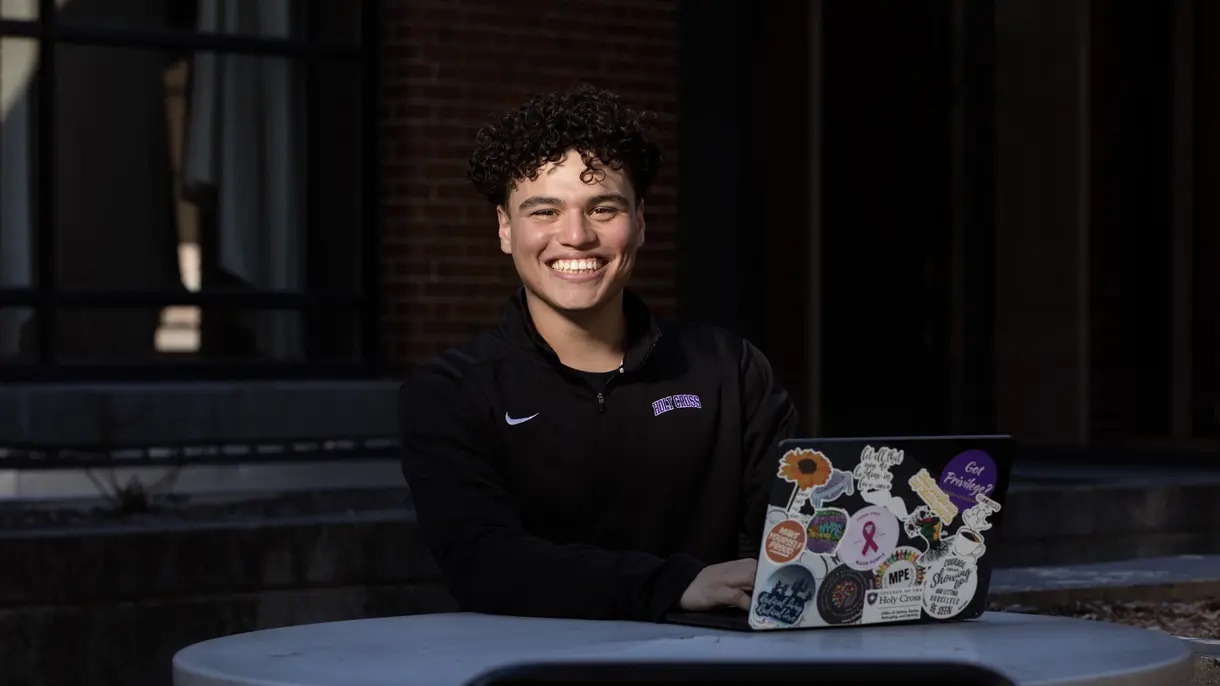While we’re proud of what we’ve accomplished, we acknowledge that much work remains.
The endless lived experiences of each individual on campus strengthens the Holy Cross experience. By living in a community that embraces uncomfortable topics, you’ll challenge the status quo and build a more diverse, equitable and inclusive future. These ideals are baked into the Jesuit mission formed by Saint Ignatius more than 500 years ago with pillars such as cura personalis - caring for the whole person - and magis - a commitment to the “more universal good."
